Indian banking has become strong, stable and vibrant in the post-economic reforms phase. During the last two years, Indian banking has weathered the storm of rising interest rates and falling bond values, by strategically augmenting bank credit, in an environment conducive to economic growth.The new Basel framework provides a methodology for transforming banks into vibrant and stable entities in the globally competitive and dynamic financial markets. In India, the focus of the financial inclusion at present is confined to ensuring a bare minimum access for all to a savings bank account without frills. Internationally, the financial exclusion has been viewed in a much wider perspective. Consolidation of banks, especially public sector banks, has been hotly debated these days. As Indian PSBs have generally the same kind of business models, there may not be any scale or scope for economies due to consolidation. Their operational efficiency cannot be improved either, as their business lines do not complement each other. Even risk mitigation due to diversification across business streams, client segments etc., may not be possible, as the business streams themselves are not different. Nor the client segments, for that matter. Microfinance could result in reduction of vulnerability and poverty alleviation. Microfinance Institutions (MFIs) have to address certain broader community related issues as well. They are low productivity problems, absence of market linkages, poor health and educational standards of the members etc. Bancassurance, apart from generating higher non-interest income, has other spin-off benefits: capturing of huge captive business readily available in branches by asset financed and brought under the Corporate Agency and the likelihood of branches bringing in incremental business by insuring other insurable assets of the borrower.
Indian Commercial Banking: The New Dynamics
$29.70
$33.00
In stock
Free & Quick Delivery Worldwide
All orders amounting to US$ 50 or more qualify for Free Delivery Worldwide. For orders less than US$ 50, we offer Standard Delivery at $14 per book.
ABOUT THE AUTHOR Katuri Nageswara Rao
Katuri Nageswara Rao (b. 1946) has worked in Indian Overseas Bank for 27 years followed by a brief stint of 20 months in Karur Vysya Bank as Head of the Staff Training College, Karur. During his tenure at Indian Overseas Bank, he had exposure in critical areas like credit appraisal and supervision, senior level branch management, inspection and rehabilitation of sick units. He holds an M.Sc. degree (Mathematics) from Sri Venkateswara University and is a CAIIB from the Indian Institute of Bankers, Mumbai. Presently, he is the Associate Dean, ICFAI University, Hyderabad. He is also the Consulting Editor of Professional Banker, a monthly magazine, published by the ICFAI University Press. His articles on banking and general management have been published in The Economic Times, The Hindu Business Line and The Times of India. He has already edited a few books for the ICFAI University Press on banking related topics. He has authored a book titled, "Global Banking-Asia-Pacific Region" also published by the ICFAI University Press.
reviews
0 in total
Review by Anonymous
Be the first to review “Indian Commercial Banking: The New Dynamics” Cancel reply
You must be logged in to post a review.
Bibliographic information
Title
Indian Commercial Banking: The New Dynamics
Author
Edition
1st ed.
Publisher
ISBN
813140613X
Length
228p.
Subjects
more by Katuri Nageswara Rao see more
similar bookssee more
Staffing And Controlling
$20.19
$21.25

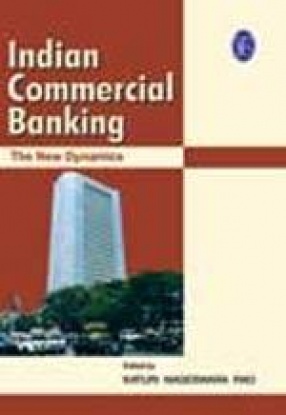
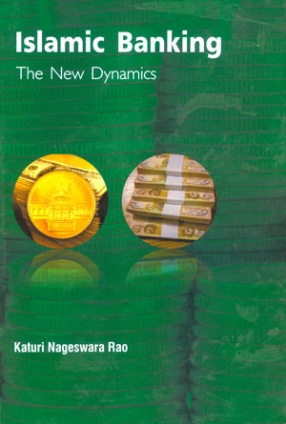
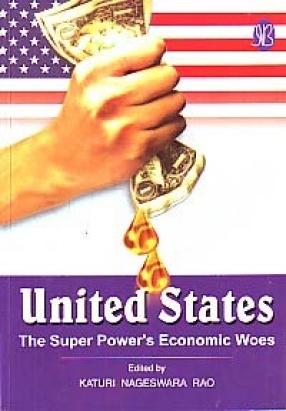
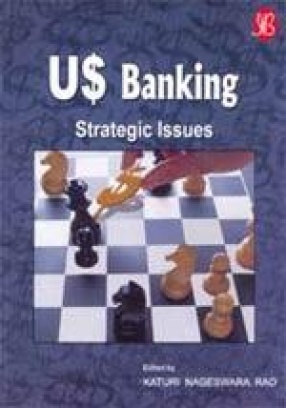
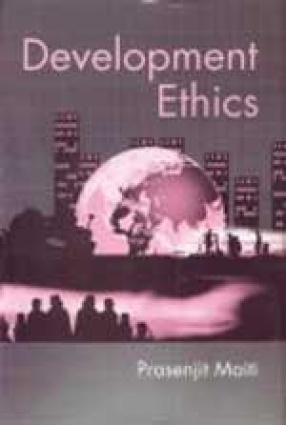
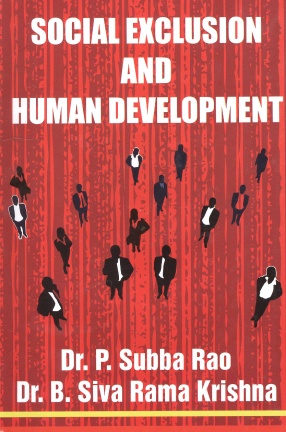

There are no reviews yet.